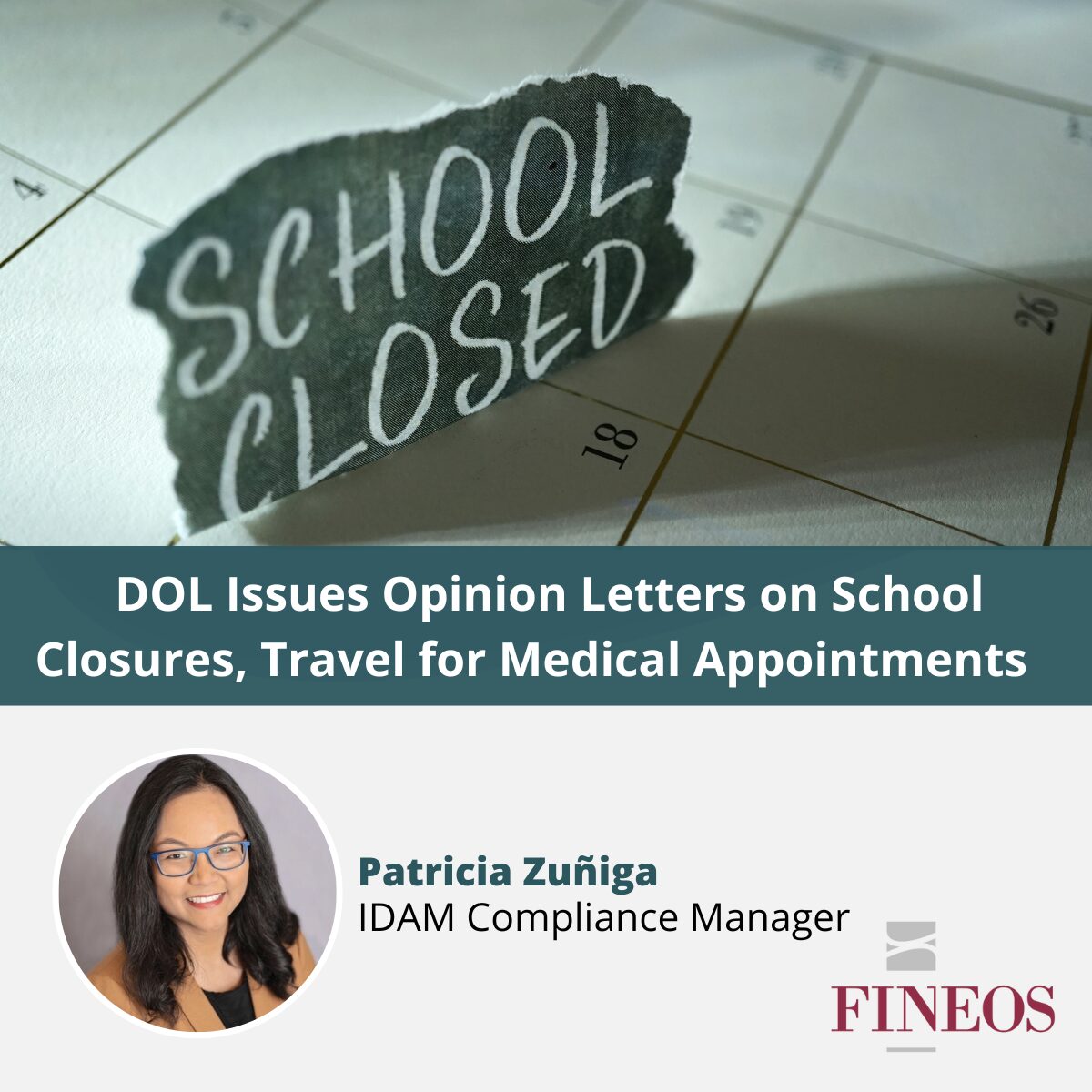In July 2025, the U.S. Department of Labor (DOL) expanded its compliance assistance efforts with the introduction of self-audit programs which includes assistance for the Family and Medical Leave Act (FMLA) and the Uniformed Services Employment and Reemployment Rights Act (USERRA). The PAID (Payroll Audit Independent Determination) and SALUTE (Support and Assistance for Leaders in USERRA Training and Employment) programs are designed to help employers proactively identify and correct potential violations of the FMLA and USERRA before they escalate into DOL investigations or litigation.
PAID: FMLA Self-Audit Program
The 2018 PAID program pilot helped over 11,000 workers recover more than $7 million in back wages through streamlined Fair Labor Standards Act (FLSA) self-audits. The revived 2025 PAID program expanded its self-audit scope to include FMLA compliance and introduces structured audit tools, as follows:
Employer eligibility. Employers must certify that they meet several key conditions. These include being covered by the FMLA, not being under current investigation or litigation related to the leave practices in question, and not having had a recent FMLA violation determined by the DOL Wage and Hour Division (WHD) or a court. Employers must also confirm that the employees included in the audit are not subject to prevailing wage laws under visa or federal contract programs, and that they have not used PAID to address the same issues in the past three years. Employer participants must also disclose any recent complaints and agree to update WHD on any changes throughout the audit process. Joining PAID does not waive employee rights under other federal, state, or local laws.
WHD retains full discretion over program acceptance. Employers should note that the WHD may refuse cases that require extensive reconstruction of records, so they should keep and be able to submit accurate and comprehensive records of the hours its employees worked.
FMLA certification. Employers must complete a compliance assistance review that confirms their understanding and application of FMLA rules using a self-led training checklist. This includes official DOL resources on the FMLA and its key program elements such as employee eligibility, qualifying leave reasons, and the claim management process.
Self-audit. Employers must conduct a thorough self-audit of their compensation and leave practices. This includes identifying potential FMLA or FLSA violations from the past two years, determining which employees were affected and when, and calculating any back wages or remedies owed. When contacting WHD, employers must submit detailed documentation, including employee contact information, wage calculations, relevant records, and evidence of corrective actions, along with certifications of eligibility and program understanding.
WHD response. Once an employer submits all required documentation and certifications for the PAID program, the WHD will review the materials and may request additional information to assess the back wages or FMLA remedies owed. If the employer is accepted into the program, WHD will outline the proposed scope of the release of liability for the identified violations, marking the beginning of the resolution process under PAID.
Implementation of settlement/remedies. After WHD accepts an employer into the PAID program, it issues individualized settlement forms outlining the terms for each affected employee. Employees may choose to sign these forms to receive payment, and the release of claims will be limited to the specific violations and timeframes covered by the self-audit. Employers are responsible for promptly issuing back wages or implementing other remedies. If FMLA remedies are involved, WHD will review the proposed actions and confirm their adequacy. All remedies must be completed within 15 days of receiving WHD’s finalized audit results.
Employees may receive compensation or have benefits restored if they were lost due to an FMLA violation. Nonmonetary remedies can include actions like removing attendance points under a “no-fault” policy, reversing disciplinary measures, or other nonmonetary outcomes such as reinstatement, promotion, or continued employment when appropriate.
SALUTE: USERRA Self-Audit Program
USERRA protects service members’ reemployment rights when returning from a period of service in the uniformed services, including those called up from the reserves or National Guard, and prohibits employer discrimination based on military service or obligation. The DOL Veterans Employment and Training Service (VETS) is authorized to investigate and resolve complaints of USERRA violations.
Despite the best intentions, many employers unknowingly fall short of USERRA compliance due to confusion around reemployment obligations, lack of formal HR policies, or simple misunderstandings, making a proactive USERRA self-audit essential to identify and correct gaps before they become costly legal issues.
Employers may request technical assistance, also known as compliance assistance, from VETS to proactively address and resolve any USERRA issues that may arise. Employers must confirm that they are not involved in a USERRA investigation, and they are not asking for an opinion to use in a lawsuit that started before their request.
FINEOS can help you stay up to date
It’s critical to stay informed, especially when legal developments are fluid. FINEOS receives legislative and agency updates multiple times a day and synthesizes the information as it arrives to help our clients maintain compliance. Find out how to simplify the complex with our Integrated Disability and Absence Management (IDAM) solution.
Interested in learning more? Patricia Zuñiga and Joanna Floyd will present: “Mastering FMLA Audits: Key Steps and Tools for Compliance” at the 2025 DMEC Annual Compliance Conference on August 6, 2025.


